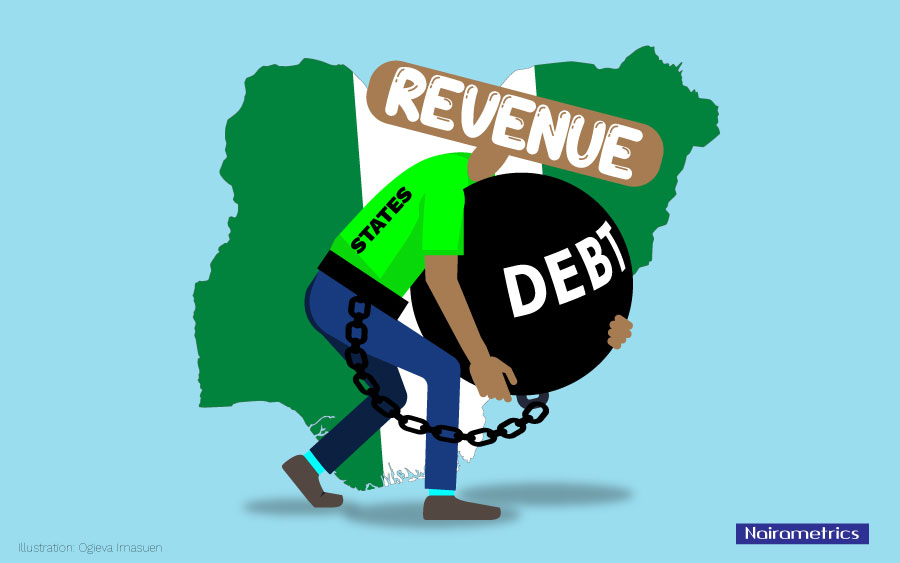The Nigerian Communications Commission (NCC) has set out to investigate the finances of telecom operators in the country.
According to reports, NCC is taking this action as a result of the interconnectivity debt that was accumulated by the telecom operators. The debt is reportedly around N165 billion.
These debt challenges, alongside other revenue issues, made the telecoms regulator adopt new policies and guidelines. NCC stated that a new accounting separation framework would be used in reporting to the commission from the beginning of the 2019 financial year.
NCC noted that while the operators within the telecommunications sector had already prepared and filed financial statements as required by the law, reporting at the corporate level presents aggregate information which may not provide sufficient detail to the regulator for analysing the performance and competitiveness of the markets within the sector.
“The accounting separation framework issued by the NCC provides a comprehensive set of policies and guidelines for generating detailed Regulatory Financial Statements. The statements will assist the Regulator independently analyse revenues, costs and capital employed across different businesses, products and licenses of Operators.
“These, in turn, will provide NCC with a basis for judging the success of its existing regulations such as interconnect obligations, tariff control etc. and determining the need for further intervention to promote the interests of all stakeholders,” the Commission said.
Meanwhile, during the preview of the regulation, telecom operators requested for more time before the implementation of the new framework. They said that significant time would be required for the definition and implementation of a new chart of accounts, upgrade of their financial accounting systems, and sourcing and training of personnel required to comply with accounting separation.
Note that interconnection is what makes it possible for subscribers of different networks to reach each other through calls and text messages. An interconnectivity debt, therefore, results from the failure of a telco to pay for the cost of service rendered to it by another telco.

 Health6 days ago
Health6 days ago
 Entertainment1 week ago
Entertainment1 week ago
 Crime6 days ago
Crime6 days ago
 Education1 week ago
Education1 week ago
 Health1 week ago
Health1 week ago
 Comments and Issues7 days ago
Comments and Issues7 days ago
 Latest7 days ago
Latest7 days ago
 Football1 week ago
Football1 week ago











